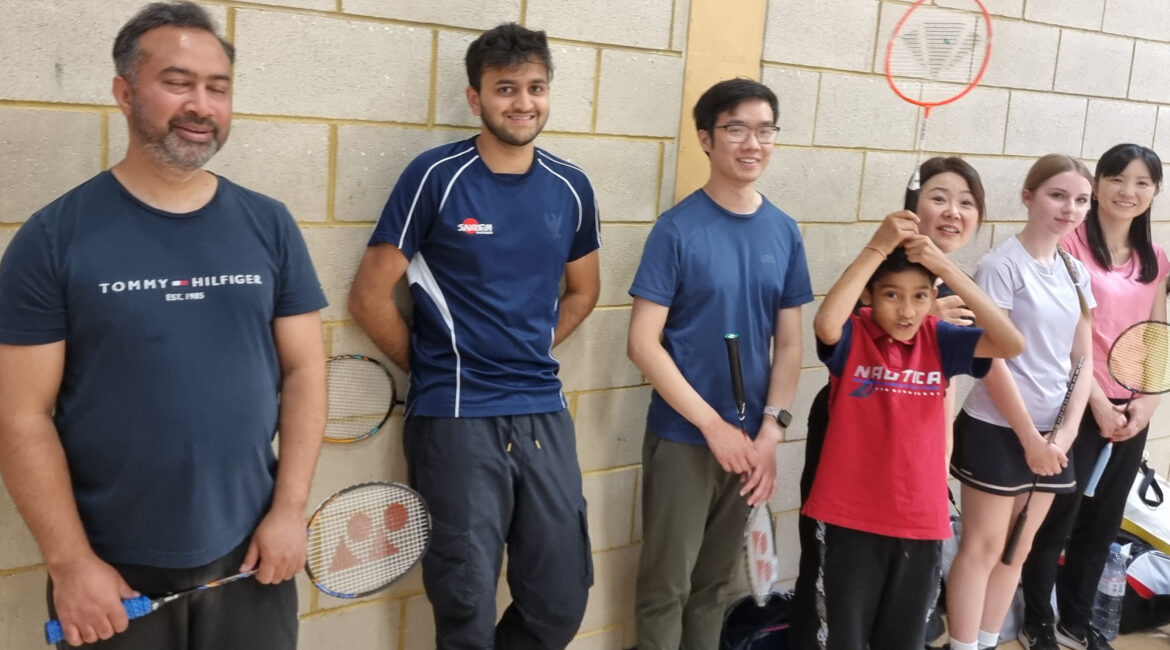The Benefits of Playing Badminton for Young People
Racquet sports like badminton offer many benefits for young people, from physical fitness to social and mental well-being. Here’s a look at some of the top benefits backed by studies and testimonials:
1. Physical Fitness and Coordination
- Improved Cardiovascular Health: A study in the British Journal of Sports Medicine found that racquet sports reduce the risk of heart disease and improve cardiovascular health. Young players often see increases in endurance, agility, and lung capacity.
- Better Motor Skills and Coordination: Playing badminton involves quick footwork, hand-eye coordination, and strategic thinking, all of which boost motor skills. The constant movement improves balance and reflexes.
- Strength and Flexibility: The rapid movements in badminton help build muscle strength and flexibility, especially in the arms, shoulders, and core.
Testimonial: “Badminton has made me feel so much fitter. I used to struggle with stamina, but now I can keep up with my friends in other sports too!” — Alex, 16
2. Mental Health and Focus
- Boosts Mental Clarity: A study in the Psychology of Sport and Exercise found that racquet sports improve concentration and mental clarity. The strategic aspect of badminton challenges the brain and enhances problem-solving skills, which can benefit school performance.
- Reduces Stress and Anxiety: Exercise, in general, releases endorphins, but social sports like badminton add an extra layer of stress relief. Research suggests that racquet sports help reduce stress and anxiety because of the focus and engagement they require.
Testimonial: “After a long day at school, badminton helps me de-stress. I feel so much better and clear-headed after a session with friends.” — Priya, 17
3. Social Skills and Teamwork
- Builds Social Connections: Badminton, even when played as singles, is often a social sport with a great community vibe. The Journal of Leisure Research found that young people who join sports clubs develop better social skills and feel a stronger sense of belonging.
- Encourages Teamwork and Communication: Playing doubles involves communicating and coordinating with a partner, which fosters teamwork skills that are useful beyond the court.
Testimonial: “Playing in a badminton club has given me so many friends. We encourage each other, and it’s a great way to meet people outside of school.” — Sam, 15
4. Lifelong Enjoyment of Exercise
- Establishes Healthy Habits: Studies show that young people who play sports are more likely to continue exercising into adulthood. According to The Lancet, starting sports early increases the likelihood of staying active, which supports long-term health.
- Accessible and Inclusive: Badminton can be enjoyed by people of all skill levels and ages, making it easy for young people to stick with and share with family or friends as they grow older.
Testimonial: “Badminton is something I know I can play with family or friends for years to come. It’s a lifelong sport that keeps me active and happy.” — Chloe, 18
5. Improved Academic Performance
- Enhanced Cognitive Skills: Research in Frontiers in Psychology shows that physical activity, particularly sports requiring strategy like badminton, enhances cognitive performance in young people. The mental focus required can improve memory and lead to better school results.
- Time Management and Discipline: Playing a sport teaches commitment and discipline. Balancing school and sports encourages time management skills that help young people succeed in both areas.
Testimonial: “Since joining badminton, I’m better at managing my time. It’s taught me discipline, and my grades have improved too!” — Jay, 16
By playing badminton, young people gain far more than just physical fitness—they develop valuable life skills, make friends, and build a foundation for a healthy lifestyle that will benefit them for years to come.

